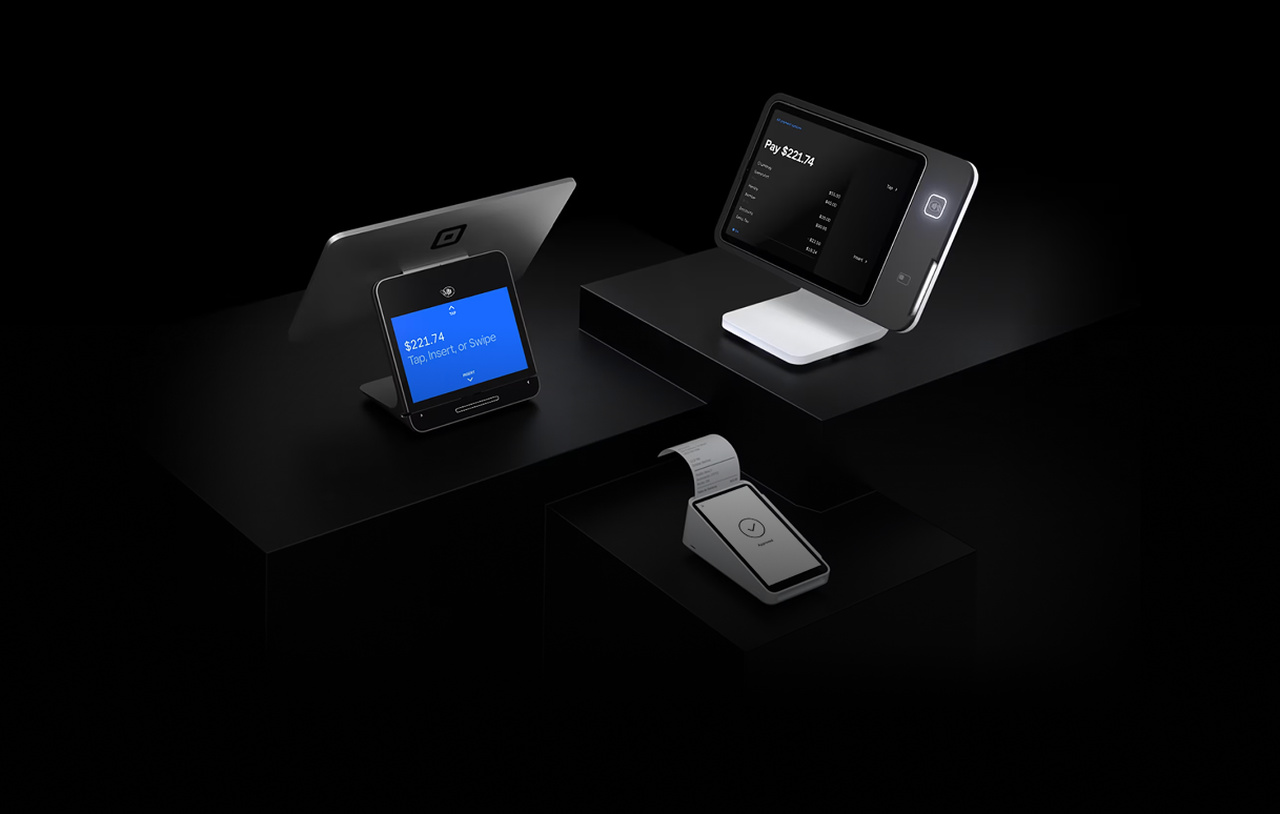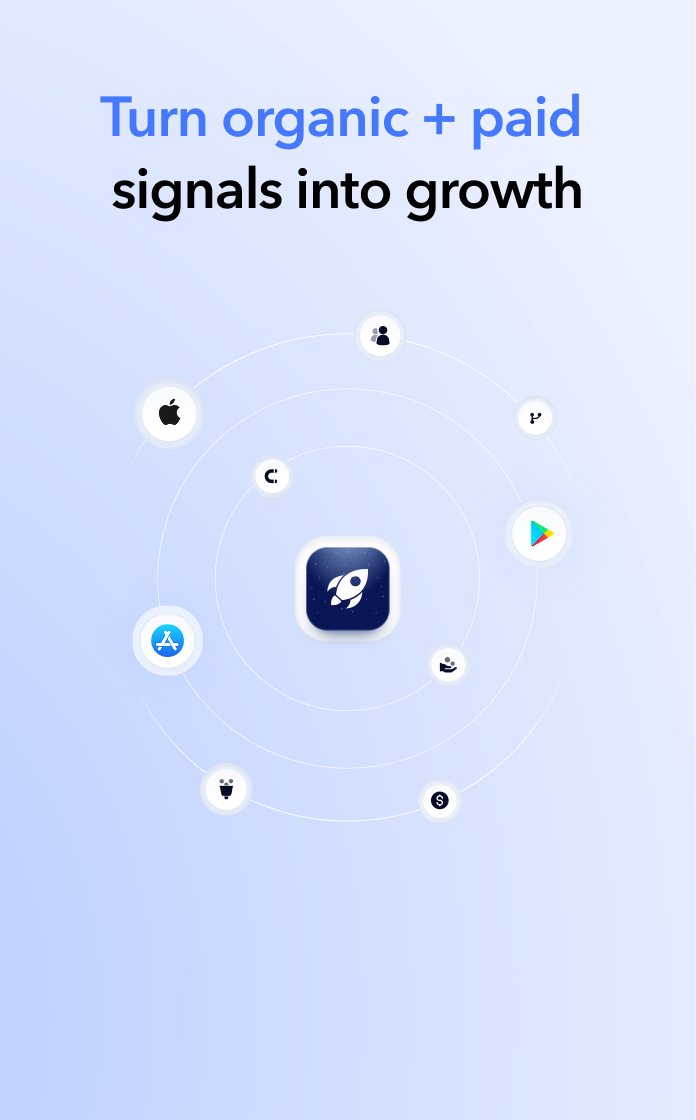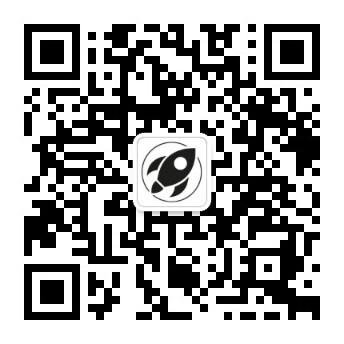Developer Tools
Developer Tools apps are essential for anyone building software, from hobbyists to professionals. The keywords reveal the tools and features that developers rely on to create, test, and deploy their projects.
“App” and “code” are the backbone of this category, appearing in nearly every app’s metadata. These keywords are often paired with “data” and “files” to emphasize the focus on programming and data management.
The keyword “support” highlights the importance of reliability and collaboration. Apps that offer debugging tools, version control, or cloud hosting are positioning themselves as essential tools for development teams.
“iOS” is a standout term, reflecting the popularity of mobile app development. Apps that cater to iOS developers are leveraging this keyword to attract users who want to build and test apps for Apple devices.
Finally, “view” and “features” reflect the practical needs of developers. Apps that provide code visualization, real-time previews, or advanced functionalities use these keywords to appeal to users who want to work smarter, not harder.
Medical
Medical apps are transforming how users manage their health, offering tools for tracking, monitoring, and improving well-being. The most commonly used keywords within the category reveal the features that empower users to take control of their health journeys.
“Health” and “medical” are the core of this category, appearing in nearly every app’s metadata. These keywords are often paired with “care” and “information” to emphasize the focus on reliable, professional support.
The keyword “track” is particularly significant, indicating the growing demand for apps that help users monitor their health metrics. From symptom tracking to pregnancy monitoring, these apps are positioning themselves as essential tools for proactive health management.
“Access” highlights the rise of telemedicine and remote healthcare services. Apps that offer virtual consultations, prescription refills, or medical records are leveraging this keyword to attract users who want convenient, on-demand care.
Finally, “baby” and “support” highlight the specific needs, such as pediatric care or postpartum support. Apps targeting these niches use these keywords to appeal to parents and caregivers seeking specialized resources.
Reference
Reference apps are like digital libraries, offering instant access to a wealth of knowledge and resources. The most frequently used keywords underscore the diverse ways users engage with these tools.
“Bible” and “quran” dominate the list, highlighting the demand for religious and spiritual texts. Apps that offer access to sacred texts, devotionals, or study tools target faith-based audiences with these keywords.
The keyword “search” is crucial, as users expect quick and accurate access to information. Apps that provide powerful search tools and cross-referencing features are positioning themselves as indispensable resources for study and research.
“Subscription” and “experience” point to the monetization strategies and user-centric design that define this category. Many apps offer basic access for free but lock advanced features, like offline access or personalized recommendations, behind a paywall.
Finally, “language” and “translation” cater to global audiences, emphasizing the importance of multilingual support. Apps that offer translation tools or language-specific content leverage these keywords to attract users from diverse backgrounds.





























